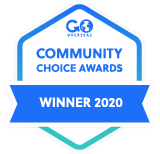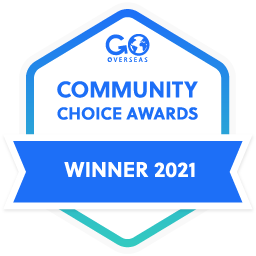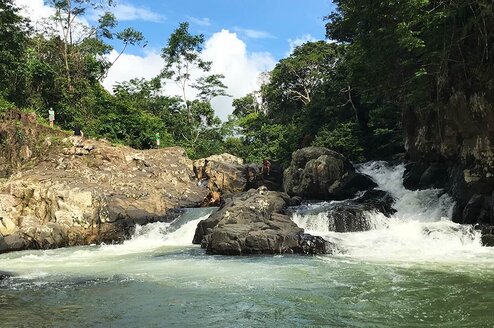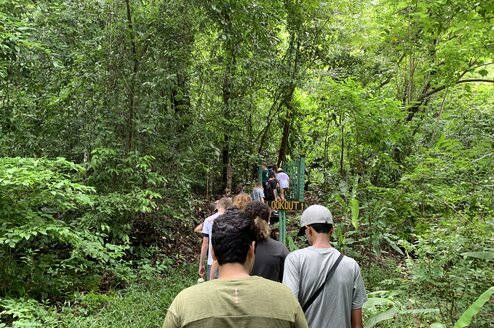Location
- Paraguay
Need-based funding, 529 Plan eligibility
Health & Safety
Jan 09, 2019
Mar 02, 2019
0 travelers are looking at this program
About Program
AMIGOS participants live in the the departments of Paraguari and Misiones. Participants working with the Paraguayan Ministry of Health (SENASA) collaborate on a sanitation and latrine-building project. These hands-on construction activities are reinforced by health education activities facilitated by the AMIGOS participants. Participants assigned to work with Plan Paraguay similarly pair capacity-building activities with direct engagement in community-appropriate development projects. Plan participants also support family gardens and tree planting projects as well as workshops related to nutrition, community health, and environmental protection.


















Response from
Sorry I got so long..I got carried away!